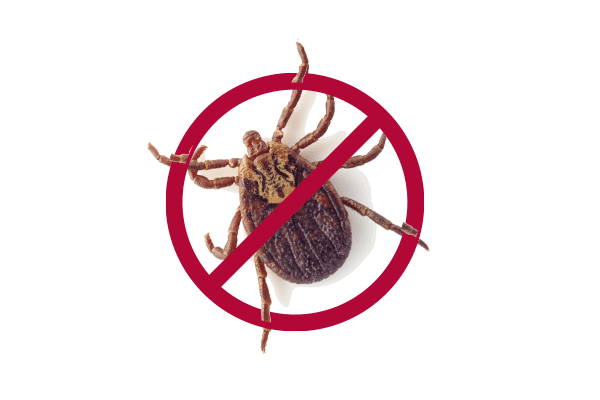
by hanna | May 22, 2019 | Awareness, General News
Ticks thrive in Maine’s wooded and unmaintained areas, such as high grass and leaf debris. They are particularly established in southern and coastal parts of the state. This year is an especially high-risk season but there’s no need to be afraid as long as you’re...


